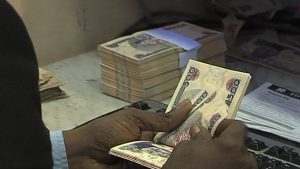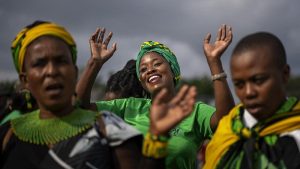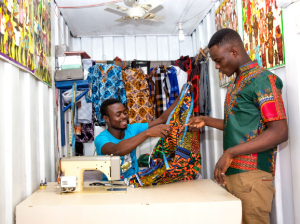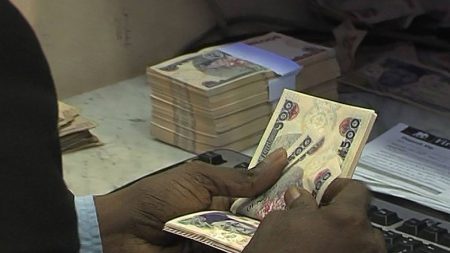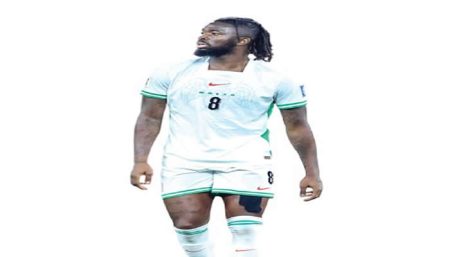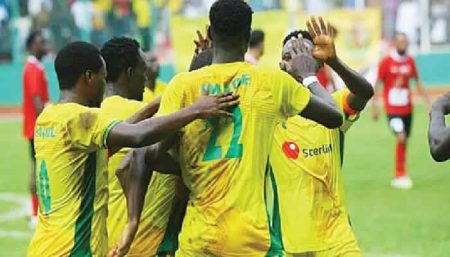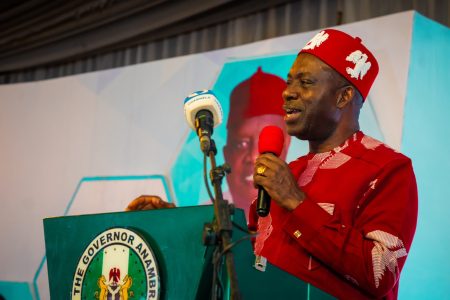Barcelona’s pursuit of financial stability and on-field success has taken another dramatic turn with the Spanish sports council (CSD) ruling in favor of the club, allowing players Dani Olmo and Pau Victor to continue playing until the end of the season. This decision overturns La Liga’s earlier declaration that the players’ registrations had expired, sparking a legal battle between the league and the Catalan giants. The dispute centers around the timing and nature of the players’ registrations, with La Liga arguing that Barcelona failed to meet the required deadlines, while Barcelona maintained they acted within the regulations. The CSD’s intervention provides temporary relief for Barcelona, but the saga underscores the ongoing financial constraints plaguing the club and the complex relationship between Barcelona, La Liga, and the regulatory bodies governing Spanish football.
The initial registrations of Olmo and Victor were facilitated by a financial loophole exploited by Barcelona in the aftermath of defender Andreas Christensen’s injury. This allowed the club to register the players on a short-term basis, seemingly circumventing La Liga’s strict financial fair play regulations. However, these temporary licences expired at the end of December, leading La Liga to declare the registrations invalid. Barcelona challenged this decision, arguing that they had complied with the necessary procedures and that the players should be eligible to continue playing. The CSD ultimately sided with Barcelona, deeming La Liga’s cancellation of the registrations “null and void.” This decision allows Olmo, a significant midfield acquisition from RB Leipzig, and promising young striker Victor to remain crucial components of Barcelona’s squad for the remainder of the season.
La Liga, however, remains unconvinced and has vowed to appeal the CSD’s ruling, maintaining that the decision is “not in accordance with the law.” This sets the stage for another legal battle that could have far-reaching implications for Barcelona’s financial future and their ability to compete at the highest level. The league’s steadfast stance reflects its commitment to enforcing financial fair play regulations, designed to ensure the long-term stability and sustainability of Spanish football clubs. The disagreement highlights the inherent tension between clubs seeking to maximize their on-field competitiveness and the league’s responsibility to maintain financial equilibrium across all its member clubs.
Barcelona’s financial woes have been well-documented, forcing the club to adopt creative and sometimes controversial measures to navigate La Liga’s stringent financial controls. In this instance, the club resorted to selling seats in VIP boxes at the under-construction Camp Nou stadium to Middle Eastern investors. This influx of capital allowed Barcelona to temporarily satisfy La Liga’s financial fair play requirements and secure the new licenses for Olmo and Victor. This maneuver, however, underscores the precarious nature of Barcelona’s finances and the lengths to which they must go to remain competitive.
The club’s financial struggles are not a recent development, and the past few years have witnessed a series of financial restructuring efforts, asset sales, and creative accounting practices to stay afloat. In 2022, Barcelona sold off various club assets and future television rights income to generate the necessary funds to acquire star players like Robert Lewandowski and Raphinha. These measures, while providing short-term relief, have also raised concerns about the long-term financial health of the club and the potential for future financial instability.
Looking ahead, Barcelona faces a challenging summer transfer window. If La Liga’s assessment of their financial situation remains unchanged, the club will likely be forced to sell players before making any new signings. This could significantly hamper their ability to strengthen the squad and compete with Europe’s elite clubs. The ongoing legal battle with La Liga over Olmo and Victor’s registrations further complicates matters, adding another layer of uncertainty to an already precarious financial situation. The outcome of this appeal could have a substantial impact on Barcelona’s ability to navigate the upcoming transfer window and plan for the future. The club walks a financial tightrope, balancing the desire for on-field success with the need for long-term financial stability.


